Leslie Goldman wanted to sing in any way possible when she auditioned to be a singer for the Hawaii Opera Theatre Orvis Studio in 2015. So she included in her application that she was open to being considered for all performance opportunities the studio offered.
She didn’t expect that she would become one of the stars of Opera Express, but she’s fallen in love with the role.
Opera Express is a HOT Education program that brings kid-friendly versions of popular operas to Elementary and Middle Schools throughout the state.
“I almost like it better than singing for adults,” Leslie said. “You have the opportunity to be as crazy as you want, because you’re doing anything to keep the kids engaged. You really have to utilize every little tool in your performer’s toolbox.”
This year Leslie has played both the witch and Gretel in the production of Humperdinck’s Hansel and Gretel. The production also features three other adult performers and student volunteers. Opera Express will be seen by students across Oahu, Kauai, Maui, and the Big Island, once it has finished touring.
Last year Opera express reached 15,400 students at 62 schools throughout the state.
Leslie shared that a lot of the students like opera because they are able to tell a story and be loud.
“It’s exciting to share opera with kids,” Leslie said. “At first they’re kind of shocked, and they laugh and imitate you, but then you can tell they’re engaged with the music.”
She noticed that performing in the opera could even change students’ behaviors.
One student who was playing a gingerbread boy was throwing things backstage and not paying attention to directions, Leslie said. She worried that he might disrupt the performance.
But as soon as he got on stage, Leslie saw a change. The boy became remarkably more focused.
“I’ve noticed that with a couple kids. Once they get up in front of an audience, they utilize extra energy for better,” Leslie said. “It’s the ‘magic of the theatre,’ so to speak.”
HOT Education Director Erik Haines said he has not only seen opera improve student performance onstage, but also in the classroom.
And Leslie found that even she was learning something new throughout the performances.
She discovered that she had cared too much about her own ego when she had sung in front of adults. Singing in front of children improved how she performed.
“Where I’ve faltered in the past as a performer is that I would stand up there singing just hoping my audience would like me and think I’m fabulous,” Leslie said. “Whereas when I’m in front of kids, I’m just doing my job as a musician. I want them to learn about music, I want them to stay interested, and I want them to have fun. It’s not about me.”
What started as one of many boxes checked at an audition has made Leslie a better performer and has given students across the state the opportunity to experience the classic art of opera.
“I hope my performances bring the kids a lot of joy, I hope they have a really fun time watching it, and I hope that a kid who might be interested in performing will be inspired to get up and have fun,” she said.
To support HOT Education initiatives like Opera Express, click the button below.
To bring Opera Express to your school, email e_haines@hawaiiopera.org for availability.
By Allison Kronberg

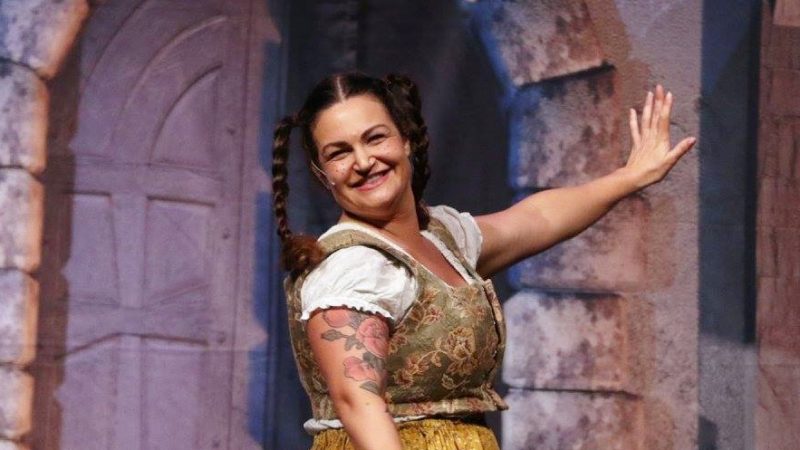
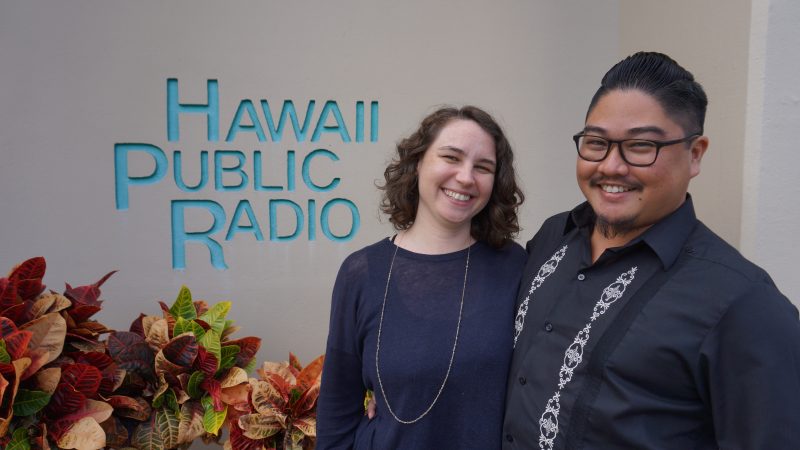
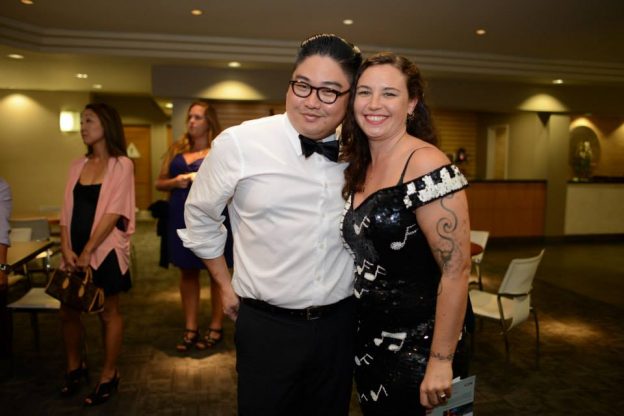
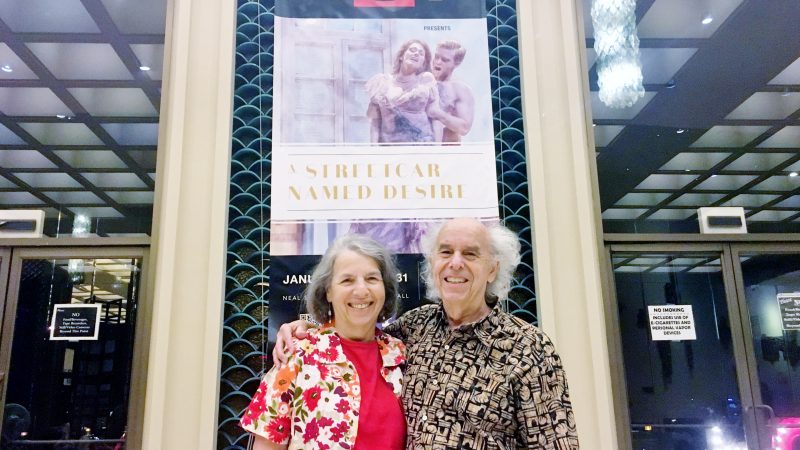
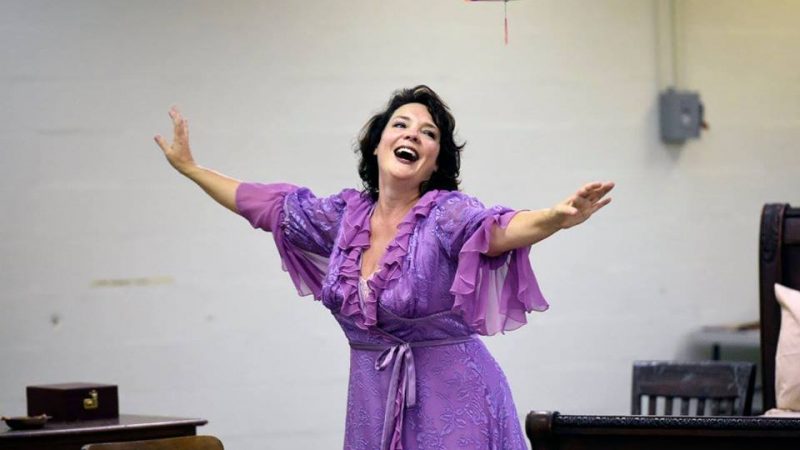
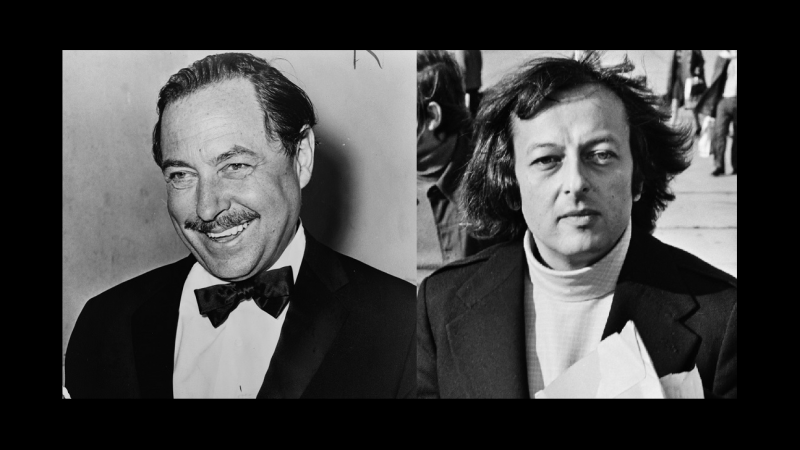
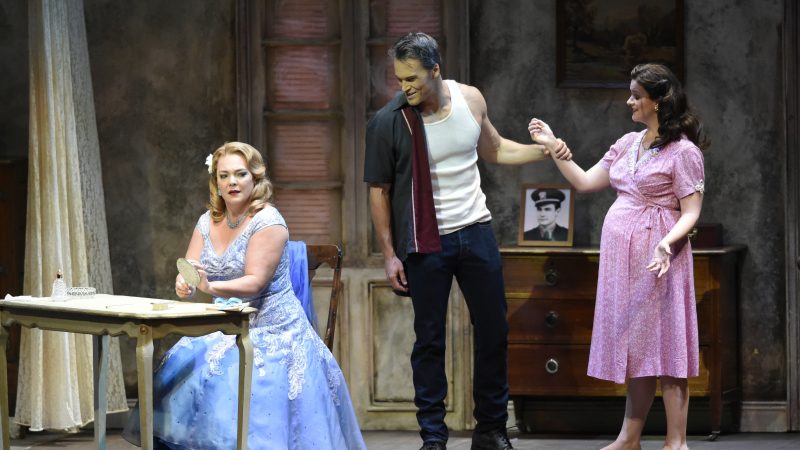
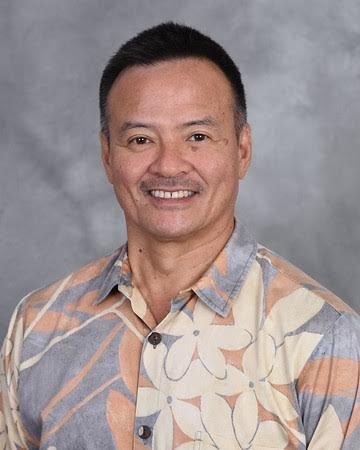


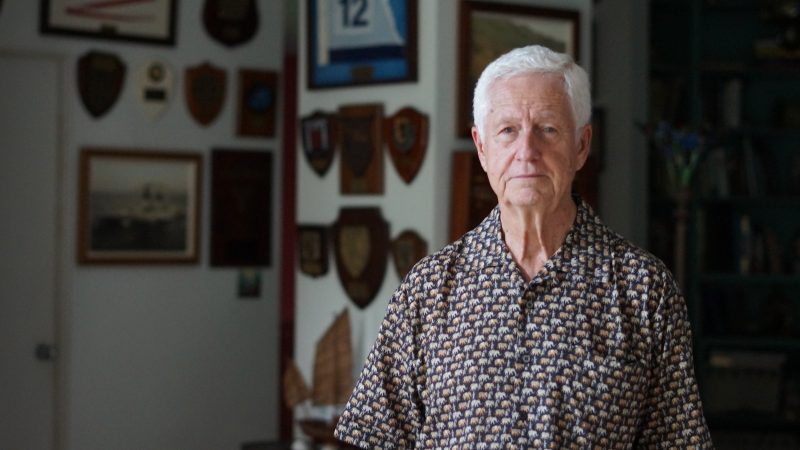
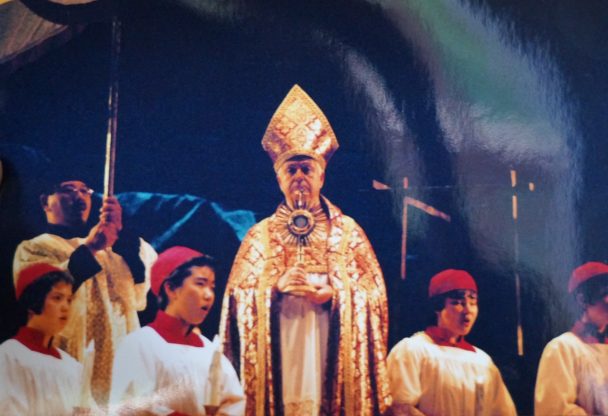
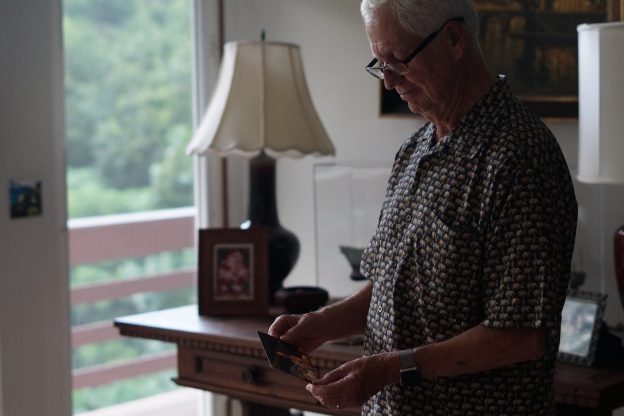
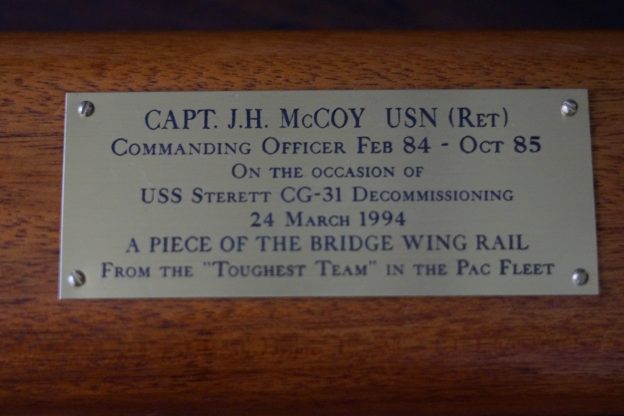
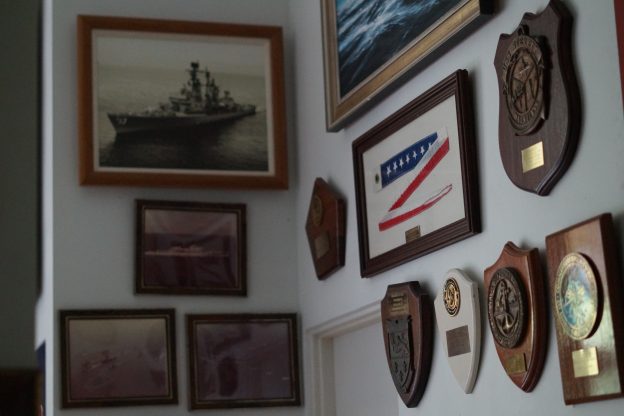
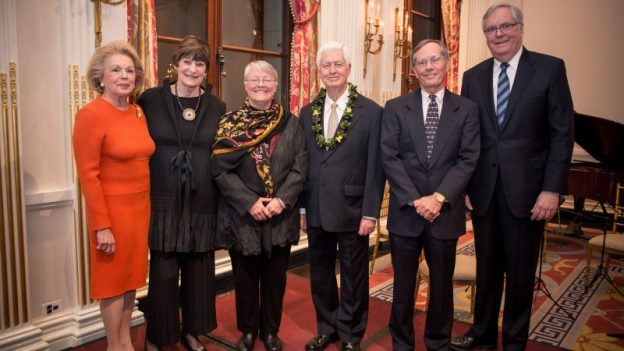
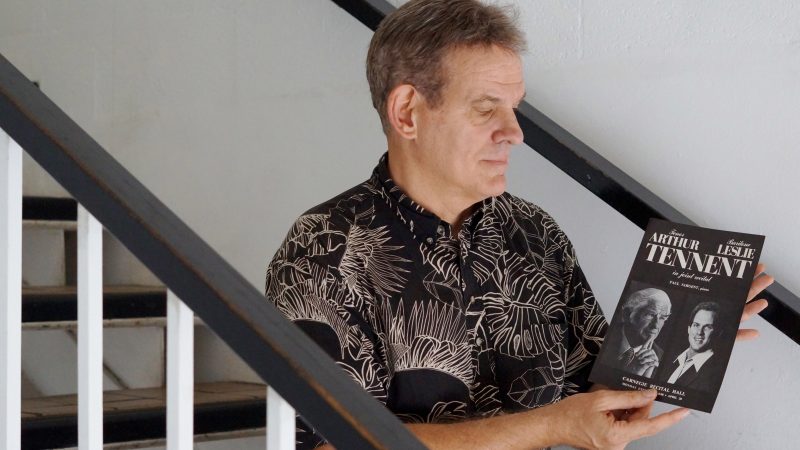
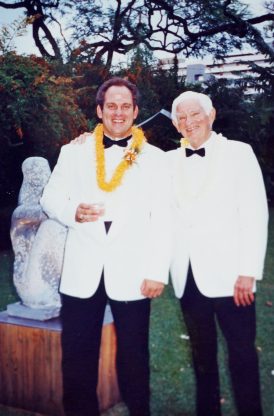 “We had a great time singing together,” Buz said. “We blended well together, and our voices were somewhat similar, albeit mine a little deeper.”
“We had a great time singing together,” Buz said. “We blended well together, and our voices were somewhat similar, albeit mine a little deeper.”